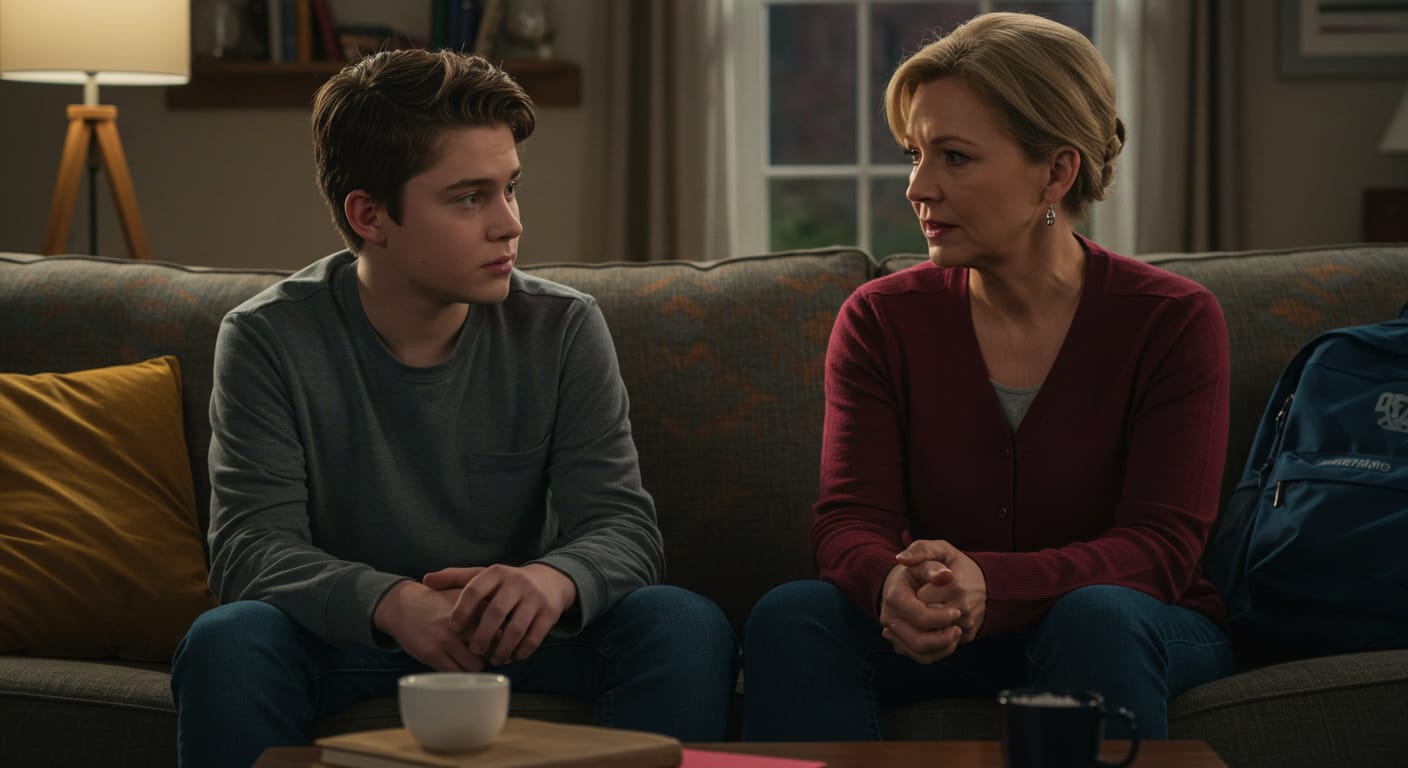Advice for a Meaningful Conversation
Talking to your teen about love and relationships can feel awkward—but it’s one of the most important conversations you’ll ever have.
Even if schools offer limited education on this topic, the primary responsibility falls on parents. If you feel unsure or uncomfortable, seek guidance from a local clinic, counselor, or pediatrician. But don’t stay silent—silence can lead to risky behaviors and dangerous misinformation from peers.
Teen Love and Relationship Advice Starts at Home
If your adolescent is dating or exploring relationships, approach the subject with care and empathy. Some teens may already be active, emotionally or physically, and keeping secrets. That’s why your tone matters more than your rules—safety and trust should always come first.
Start the conversation by acknowledging their feelings. Let them know that love is natural, but also explain the emotional and physical risks involved. Heartbreak, emotional pressure, and unprotected intimacy can be overwhelming for teenagers.
Discussing Safe Practices
Be honest: If your teen is sexually active, talk to them about protection—specifically condoms. Let them know condoms are the best method to prevent both STDs and unplanned pregnancies.
-
Explain how to use them properly.
-
Mention options for those with latex allergies.
-
Encourage them to always read instructions and be informed.
More importantly, remind them: it’s okay to wait. Love and relationships feel more meaningful when there’s mutual trust, readiness, and emotional maturity.
Breakups Are Real, Too
Teenagers often experience intense emotional highs and lows. A breakup may seem trivial to adults, but it can cause depression and anxiety in teens. Let your teen know it’s okay to grieve lost relationships and that their feelings are valid.
Stay involved. Don’t dismiss their heartache—listen without judgment.
Build Trust Through Communication
Speak with your teen, not at them. Treat them with the same respect you’d offer another adult. Even if you don’t agree with all their choices, maintain open dialogue.
“The best advice you can give your teen about love and relationships is this:
WAIT until you feel emotionally and mentally ready—or be responsibly prepared.
Either way, love becomes safer and more fulfilling.”


